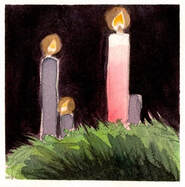
I’ve got that joy, joy, joy, down in my heart
Where? - Down in my heart?
Where? - Down in my heart to stay.
The song has other verses too, including having ‘the peace that passes understanding’. One version also has one verse about dealing with spiritual distress. It goes like this:
If the devil doesn’t like it, they can sit on a tack
Ouch! - Sit on a tack
Ouch! - Sit on a tack today
Of course, the song is hardly great poetry. It does however reflect the great spiritual gift of Joy which we celebrate today, and which is central both to Mary and the story of Jesus’ birth, and to the spiritual life as a whole…
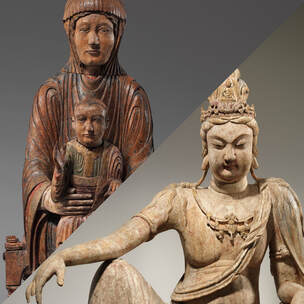
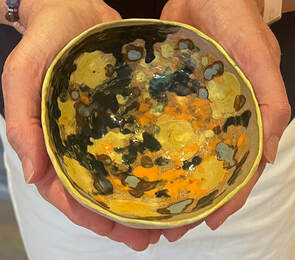

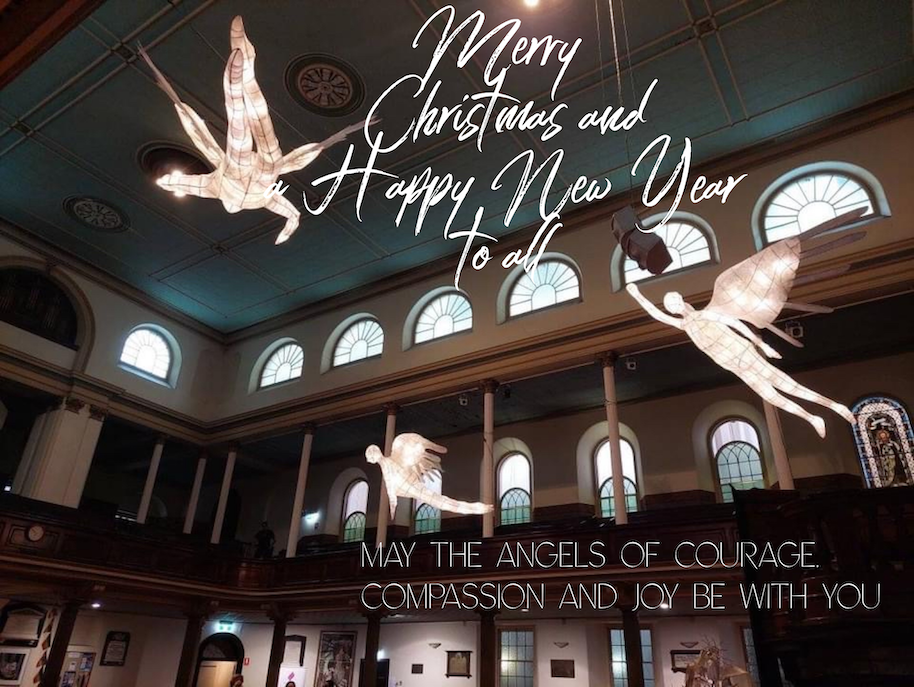
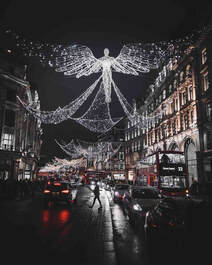
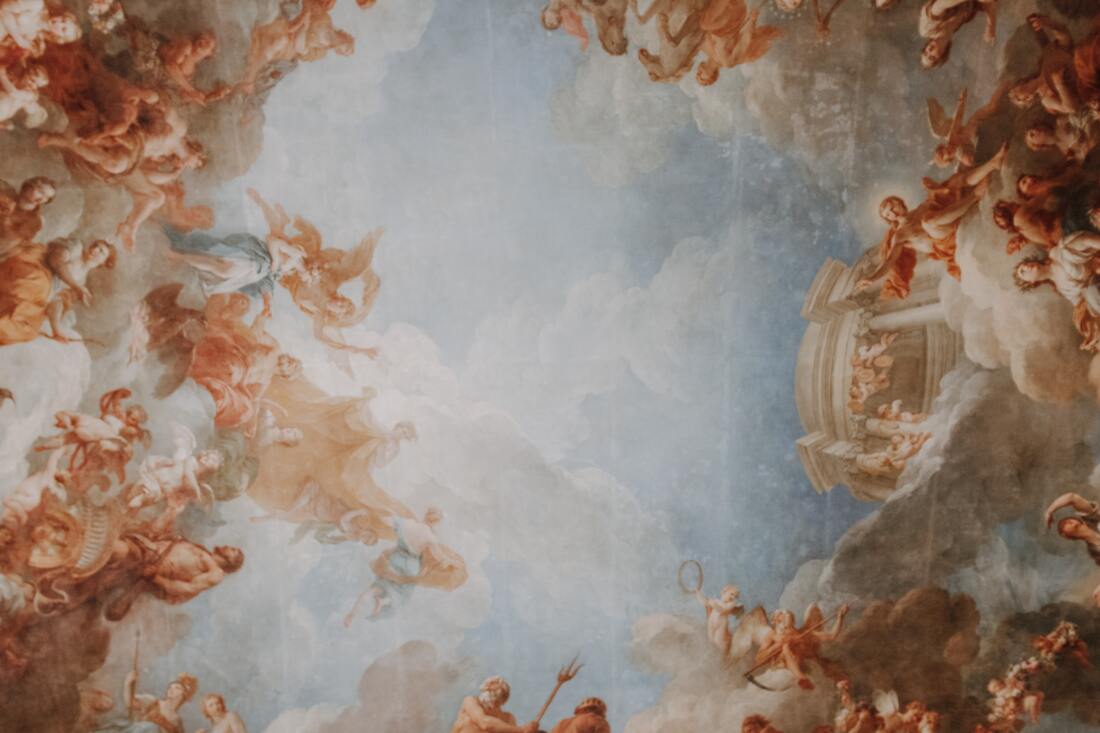
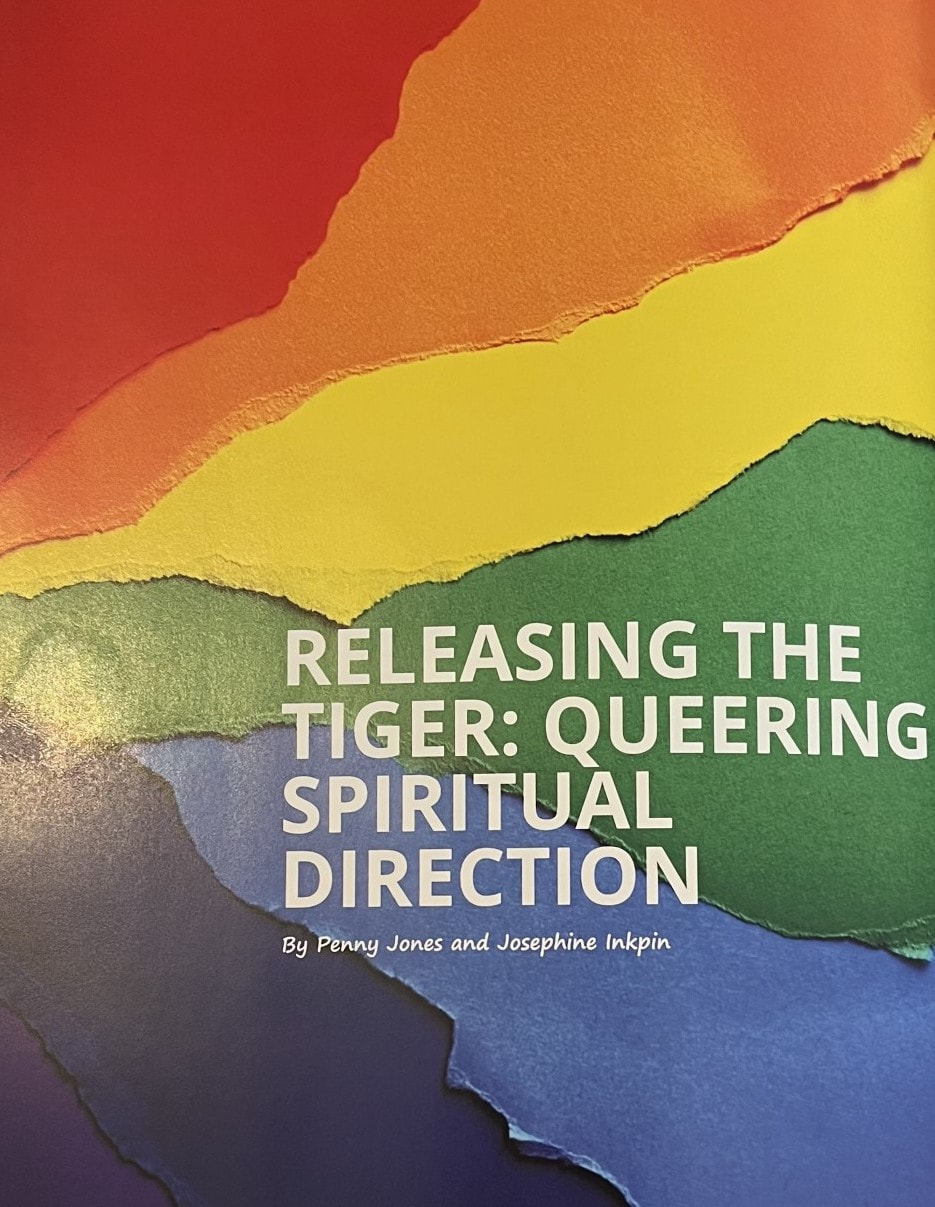
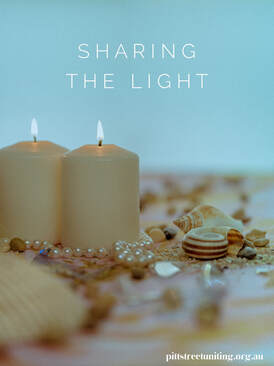
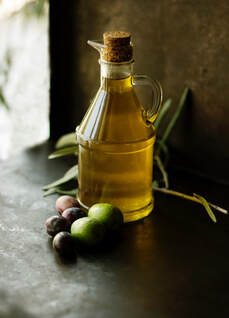
 RSS Feed
RSS Feed